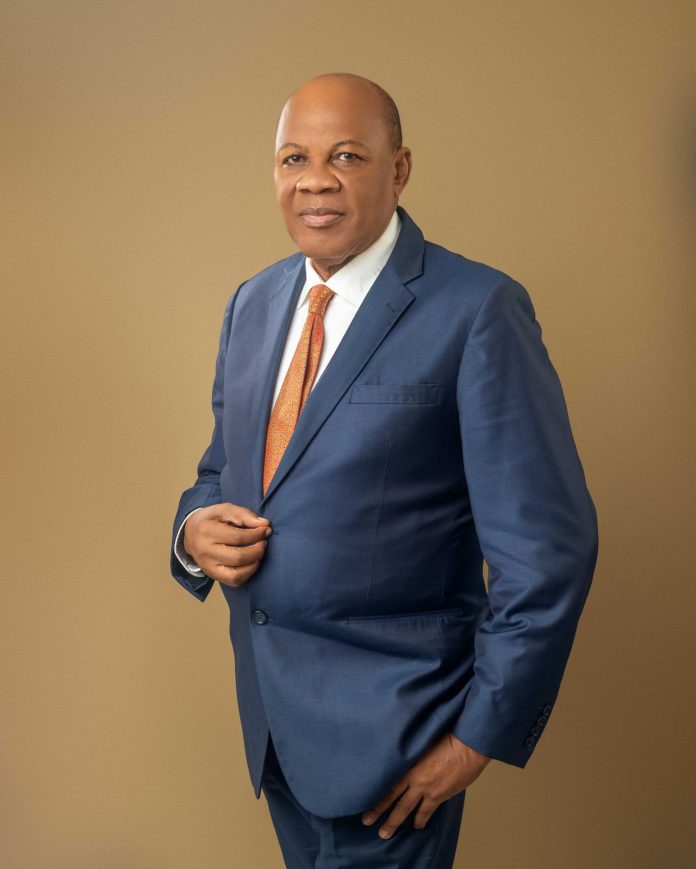By Dr. Olisa Agbakoba, SAN
The ongoing tension between Minister Ezenwo Nyesom Wike and Lt. Yerima over disputed land ownership in the Federal Capital Territory is not merely a personal clash or an isolated disagreement. It is a profound moment that exposes the fragile seams between civilian authority and military influence in Nigeria — a tension that has defined our national history and still lingers beneath the surface of constitutional governance.
Much has been said about the minister’s alleged indiscretion during his encounter with the military officer. Certainly, the Minister of the FCT could have adopted a more diplomatic tone or exercised a greater degree of restraint. But to dwell on the manner of his approach is to risk overlooking the more pressing question: who actually has legal title to this land?
This is the question that sits at the heart of the matter — and the question that Nigeria must urgently confront.
The military insists that the land in question is under its purview, yet the basis of this claim remains unclear. Is Lt. Yerima acting on the strength of an established legal title, backed by due process and proper documentation? Or, as has too often been the case in the past, is this an instance where military authority is being deployed as a blunt instrument to override civilian processes?
If the latter proves true, then this altercation becomes symbolic of a much deeper problem: the encroachment of military influence into spheres where civilian law should reign supreme.
Nigeria’s constitutional order is built on the premise that the military operates under the direction and supervision of elected leadership. Military rules, therefore, cannot — and must not — operate as a parallel system of authority independent of civilian law. If Lt. Yerima can successfully deny the minister access to land that is not legally assigned to the military, simply by invoking “superior orders,” then we risk sliding into a dangerous precedent where force substitutes for law.
The minister’s role in this context is also critical. As a civilian authority empowered by statute to regulate land titling, zoning, and development within the Federal Capital Territory, he is duty-bound to question any claim that does not adhere to established legal procedures. The real issue is not whether Wike raised his voice or displayed indignation; the issue is whether his attempt to enforce lawful oversight was resisted by military might.
This is why I am asking openly and without bias: does the General — or anyone acting on behalf of the military in this matter — possess a legitimate, legally documented title to this land? If the answer is yes, let the documents be presented transparently. If not, then Nigeria must be honest enough to confront the misuse of authority, regardless of the uniform involved.
Equally important is the role of the civilian population. Can a minister, or any civilian for that matter, resist or refuse compliance with a military directive that falls outside the scope of lawful authority? In a democracy, the answer must be yes — but only if our institutions are strong enough to uphold that principle.
This situation deserves a thorough and impartial investigation. Nigeria must not allow ambiguity, intimidation, or legacy habits of military dominance to overshadow the rule of law. The questions raised here go beyond interpersonal conflict; they touch on Nigeria’s democratic stability, our land administration system, and the credibility of the civilian governance framework itself.
As we dissect this incident, the nation must decide once again which path it intends to follow: the path of lawful, accountable governance, or the path where authority is determined by who commands the greater force.
The implications of this case extend far beyond the boundaries of one disputed plot. They speak to the very character of our democracy.




